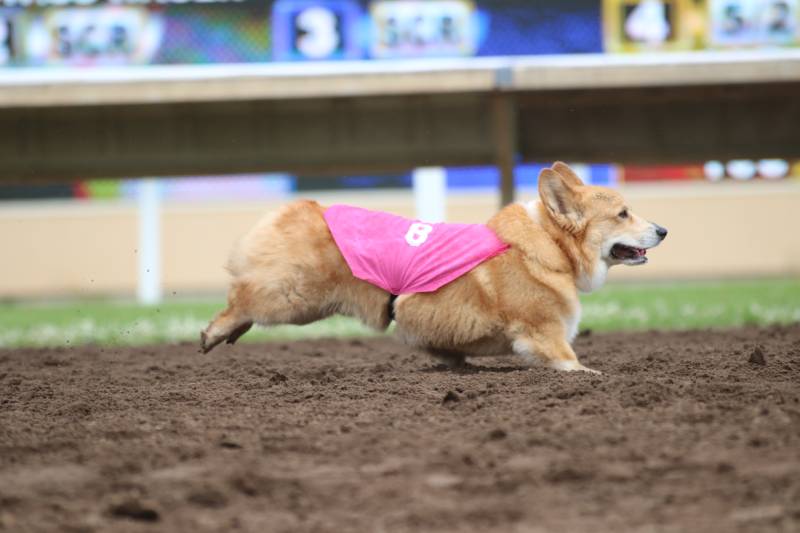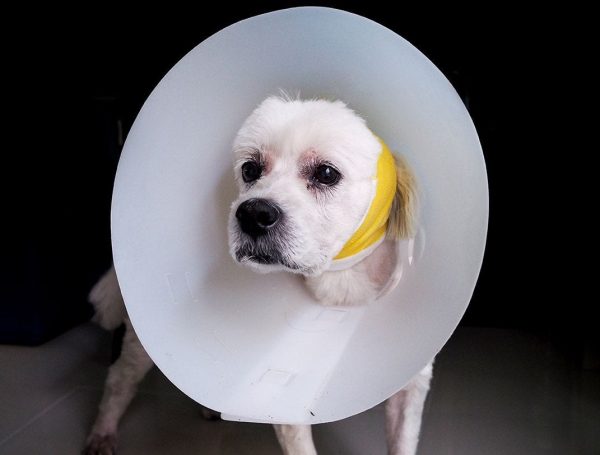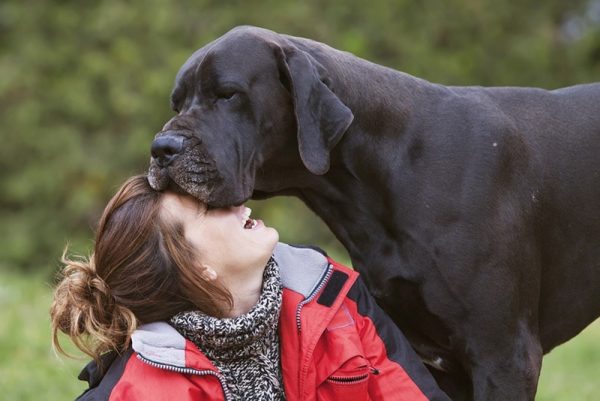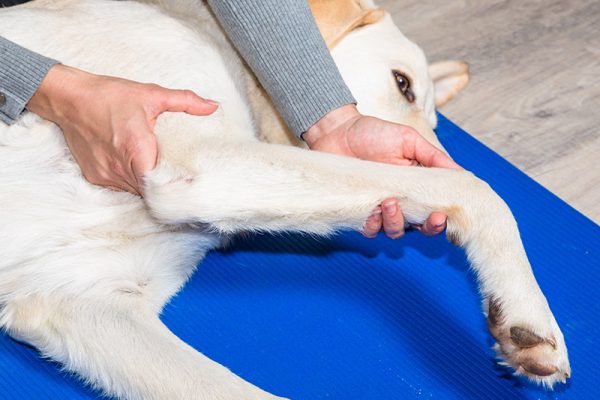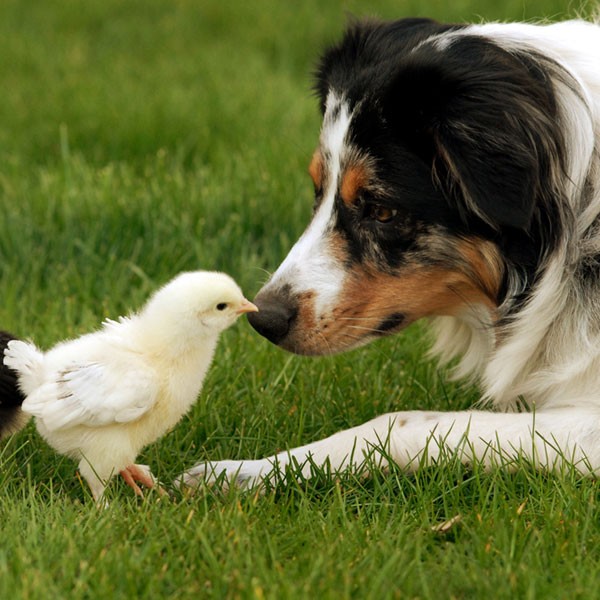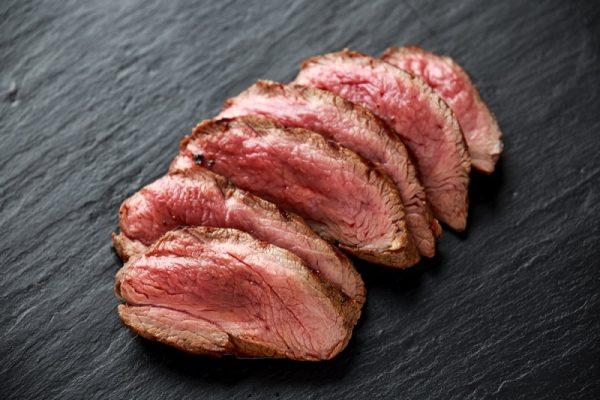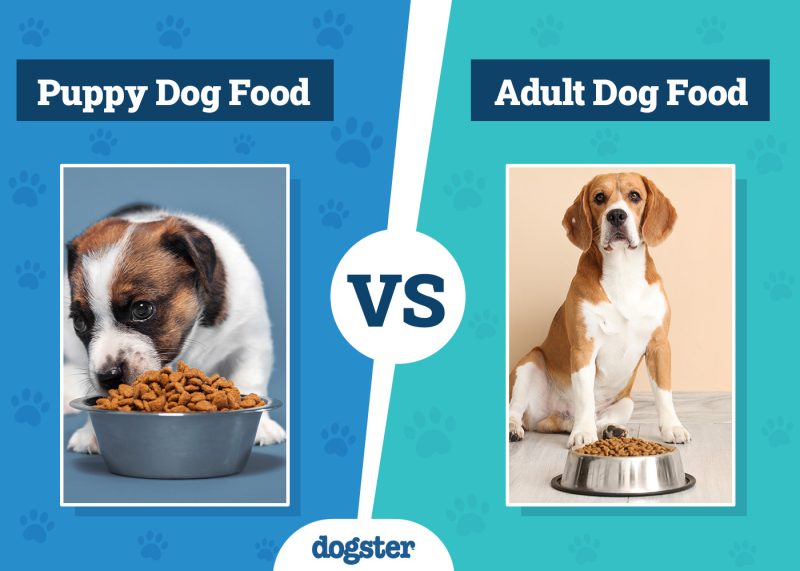Corgis are undoubtedly one of the most adorable dog breeds, but there’s so much more to them than their cute appearances. Although they look quite chubby, these puppies can actually be pretty athletic!
You may have noticed the recent craze about Corgi races on the internet. Most wonder whether the sport is even ethical, while others rush to register their own pup for the next race. Luckily, Corgi races are entirely ethical, as dogs only participate in this sport once a year.
After the recreational race is over, the Corgis are free to go home with their families. If you’re interested in watching or participating in Corgi races, you’re at the right place. Here’s everything you need to know about Corgi races and how your dog can participate.

What Are Corgi Races?
Many assume Corgi racing is similar to Greyhound racing, an industry much like horse racing. However, a Corgi race is a simple recreational event that occurs once a year. Specific tracks, such as Emerald Downs in Washington, organize and televise these races.
On a smaller scale, local communities come together to organize their own Corgi race. Most of the time, these races are only for fun, but some may use this opportunity to hold fundraisers for pet-related charities.
Corgi races are similar to human track events, featuring multiple heats along with one final championship race for all the heat winners.
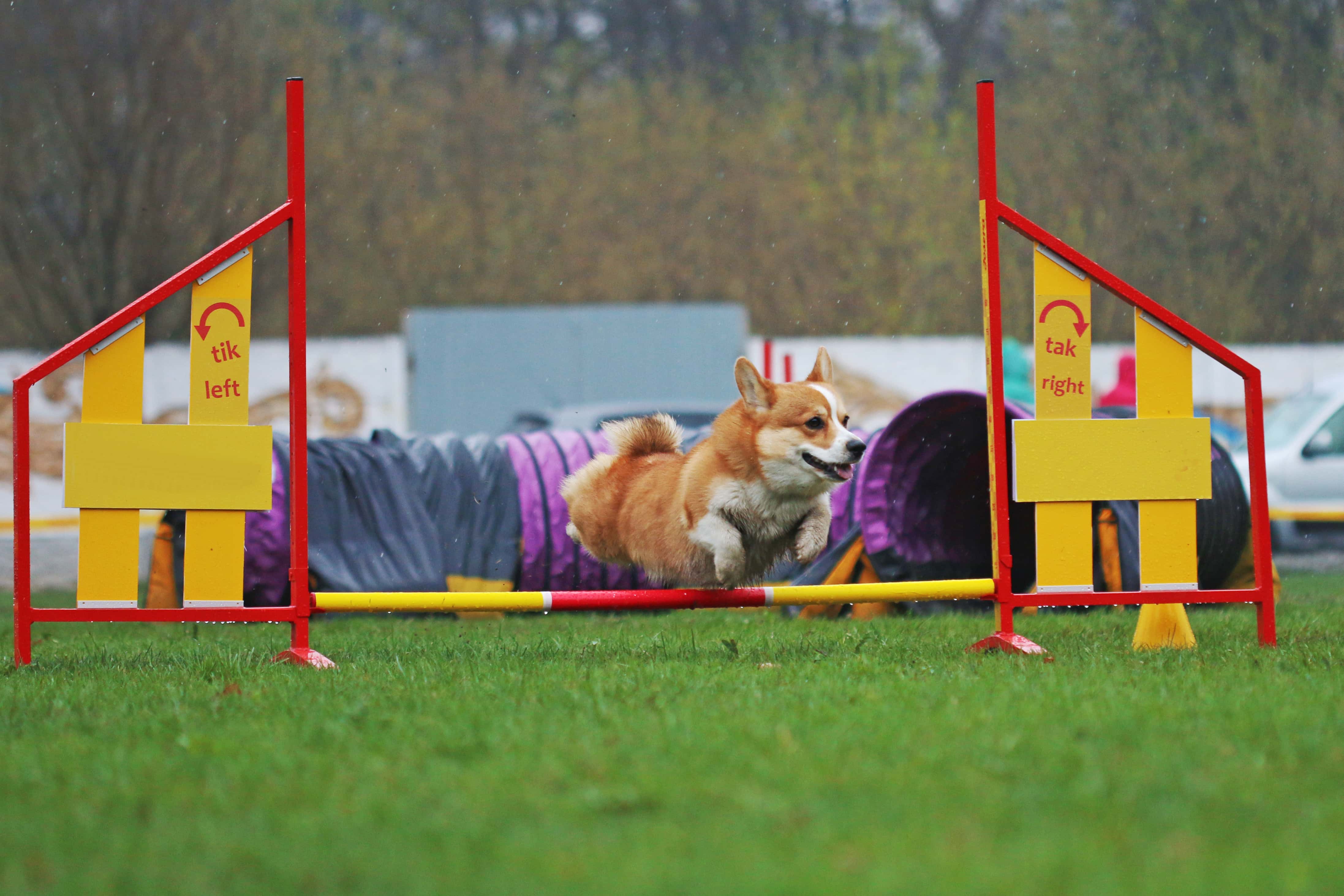
How Do Corgi Races Work?
Unlike other dog races, Corgi race competitors are not professional racers. These are simply house pets entered into the event by their owner to enjoy a fun day full of running and rewards. Plus, there’s a possibility that the pup could end up on TV!
In most cases, owners will need to pay entry fees to register their Corgis for the race. Each heat only allows a specific number of Corgis, which is why famous races utilize random lotteries to pick the entrants.
It’s also worth noting that Corgi races don’t allow you to bet since they’re supposed to be a low-stress recreational event suitable for families. You’ll often report that the Corgis don’t tend to follow the rules and end up making the event more adorable and humorous.
The setup is generally simple since these dogs aren’t trained athletes. The Corgis wait at the starting line alongside their owner and race toward the finish line, not too far away, to another family member waiting for them.
You can imagine how these untrained pups forget about the track and the race’s rules, choosing to chase each other or run the wrong way. Luckily, this is simply part of the appeal, which is why Corgi races are the best way to have some family-friendly fun on the weekend.
Of course, the winning Corgi receives a prize, which may vary depending on the race and its location. At the Emerald Downs race, the champion Corgi receives an enormous trophy to play with!

Pros and Cons of Corgi Racing
The social media response was undoubtedly positive when Corgi races were first televised. Who doesn’t enjoy watching some short-legged, chubby pups romp over a track to their favorite person?
Plus, these events can be a great way to raise money for pet-related charities or any other good cause while entertaining an audience of pet lovers. They can also be a great way to help your Corgi socialize with other Corgis and have a day of fun activities.
Of course, it’s still crucial to keep in mind that competitors may risk injury if the other Corgis end up attacking each other. Since Corgis are typically friendly and playful, this isn’t common in most Corgi races.
Other than that, there’s also the risk of a heat stroke since these races are typically held in the summer. If you keep them properly hydrated and well-fed, your pups should be fine.
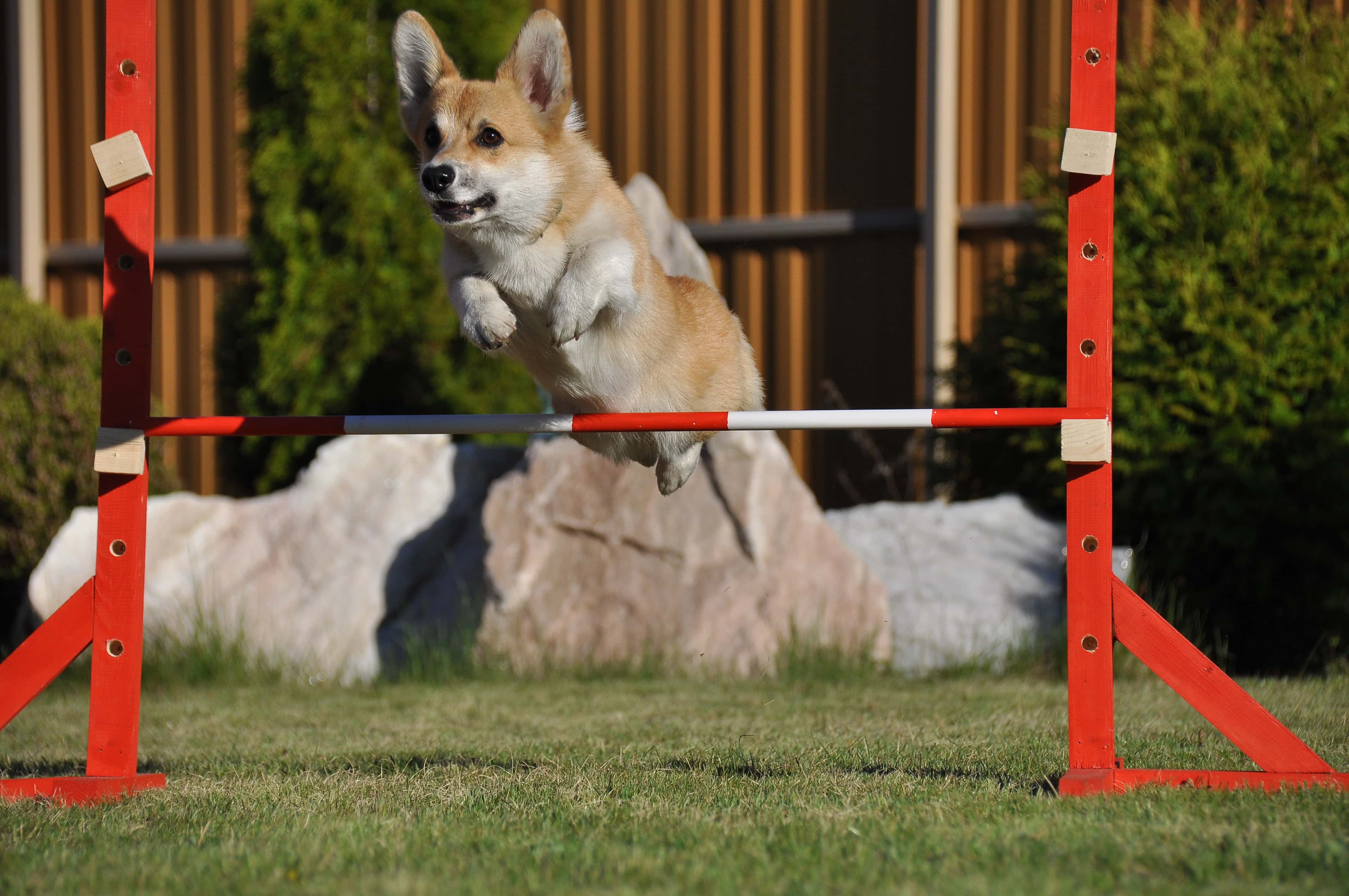
Is Corgi Racing Ethical?
Greyhound racing is known and criticized for its many ethical problems, which is why this sport is considered illegal in most states of the US. Some well-known issues with this sport include frequent injuries, inhumane housing, cruel treatment, and even doping.
However, Corgi races are nothing like Greyhound racing, even though it may be easy to assume otherwise. Corgis only attend these races once a year with no prior training. There are no stakes with these races; they’re entirely for recreational or fund-raising purposes.
The best way to describe it is just like taking your Corgi to the dog park, except that they may win a trophy if they run the fastest! After the race and activities are over, the Corgis go back home with their families.
However, some have pointed out the ethical dilemma of attending a Corgi race held at a horse racing track. Since horse racing is also highly controversial due to cruel training practices, illegal doping, and on-track injuries, people don’t appreciate the association with the industry.
Are Corgi Races Safe?
Yes, Corgi races are entirely safe. Before entering, the owners must provide proof that their Corgis are up to date with their necessary shots. In most cases, you won’t need to worry about heat strokes since Corgi race locations typically have shade tents, readily available water, wading pools, and other cooling measures for your pup.
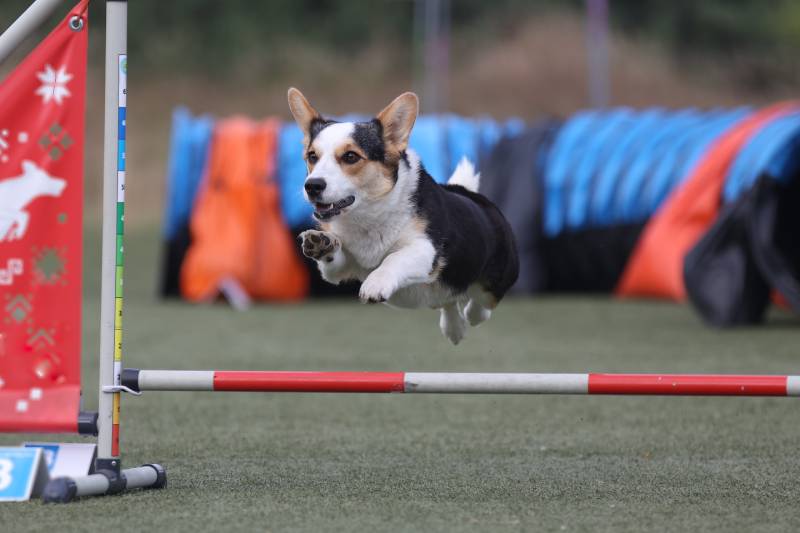
Where Do Corgi Races Take Place?
There are no specific venues for Corgi races. Any place that’s big enough to accommodate an audience and a short race track is good enough for the Corgi race. Most organizers tend to opt for horse race tracks when the location isn’t active.
Horse racing organizers often use an annual Corgi race to promote their upcoming horse race and attract more viewers. Emerald Downs is a great example, as it was able to attract 13,000 dog lovers to its annual Corgi race in 2018.

Conclusion
Corgi races are an adorable and humorous event for recreational or fund-raising purposes since everyone loves to watch these short legged pups fail to follow the rules. Unlike other animal races, these races are entirely ethical and safe for your dogs.
Related Reads:
- How to Celebrate International Corgi Day (& When Is It?)
- Can Dogs Eat Limes? Vet Approved Facts & FAQ
Featured Image Credit: Maren Dale, Shutterstock
